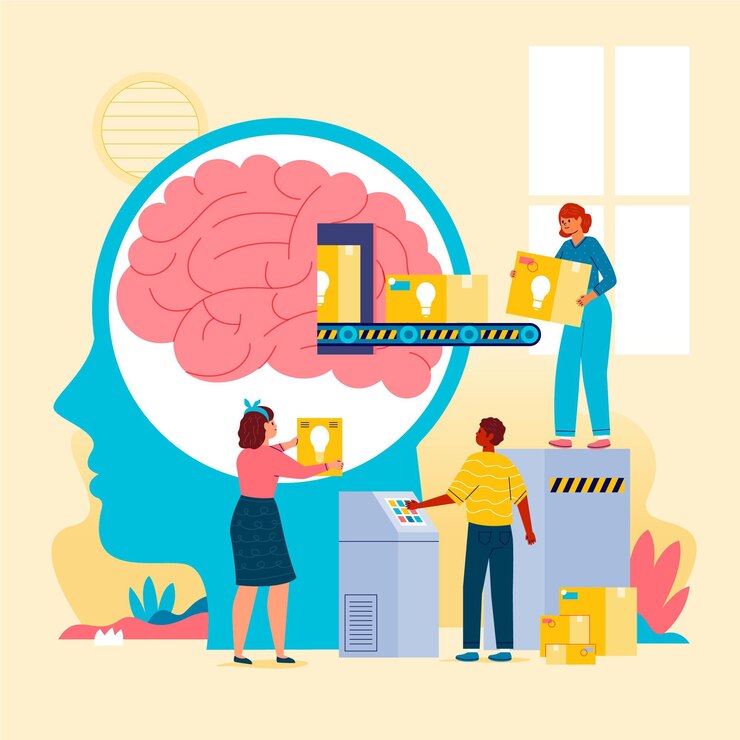
Unlocking Hope: Alzheimer’s Disease Research Breakthroughs
Introduction: In the quest to find a cure for Alzheimer’s disease, researchers around the world are making significant strides. These breakthroughs offer hope for individuals and families affected by Alzheimer’s, providing insights into potential treatments and preventive measures. Let’s explore some of the latest research breakthroughs in simple terms.
Understanding Alzheimer’s Disease: Alzheimer’s disease is a progressive brain disorder that affects memory, thinking skills, and behavior. It’s the most common cause of dementia, accounting for 60-80% of cases.
Latest Research Breakthroughs:
- Biomarkers: Researchers are developing biomarkers, such as proteins or other substances in the blood, cerebrospinal fluid, or brain scans, to detect Alzheimer’s disease in its earliest stages. Early detection allows for timely intervention and treatment.
- Immunotherapy: Immunotherapy involves using antibodies to target and remove amyloid plaques, a hallmark of Alzheimer’s disease, from the brain. Clinical trials are underway to test the effectiveness of immunotherapy in slowing or halting the progression of Alzheimer’s.
- Lifestyle Interventions: Studies suggest that certain lifestyle interventions, such as physical exercise, cognitive stimulation, and a healthy diet, may help reduce the risk of developing Alzheimer’s disease or delay its onset.
- Precision Medicine: Precision medicine involves tailoring treatments to individuals based on their genetic makeup, biomarker profiles, and other personal characteristics. This personalized approach holds promise for improving treatment outcomes and optimizing care for individuals with Alzheimer’s.
- Drug Development: Pharmaceutical companies are developing new drugs that target different aspects of Alzheimer’s disease pathology, including amyloid plaques, tau tangles, inflammation, and synaptic dysfunction. These drugs aim to slow or stop the progression of Alzheimer’s and improve cognitive function.
- Gene Therapy: Gene therapy involves delivering genes or genetic material into the brain to modify the activity of specific genes associated with Alzheimer’s disease. Early studies show promising results in animal models, but further research is needed to determine the safety and effectiveness of gene therapy in humans.
Conclusion: While there’s still much to learn about Alzheimer’s disease, ongoing research efforts are bringing us closer to understanding its underlying mechanisms and developing effective treatments. By staying informed about the latest research breakthroughs, individuals and families affected by Alzheimer’s can find hope and inspiration for the future.
Alzheimer’s disease affects millions worldwide, but researchers are tirelessly working towards better understanding, treatment, and prevention. Here’s a glimpse into current studies and breakthroughs in simple language:
Understanding the Disease Better
Researchers are delving deeper into the causes of Alzheimer’s, exploring genetic factors, brain changes, and lifestyle influences. Understanding these mechanisms can pave the way for targeted therapies.
Promising Treatments in Development
Exciting progress is being made in developing new treatments for Alzheimer’s. Some focus on reducing the buildup of amyloid plaques and tau tangles in the brain, while others aim to boost cognitive function and slow disease progression.
Early Detection and Diagnosis
Early detection is key to managing Alzheimer’s effectively. Researchers are developing innovative diagnostic tools, including blood tests and brain imaging techniques, to detect the disease in its earliest stages.
Lifestyle Interventions
Studies suggest that lifestyle factors such as diet, exercise, social engagement, and cognitive stimulation may influence Alzheimer’s risk. Researchers are investigating how lifestyle interventions can help prevent or delay the onset of the disease.
Collaborative Efforts
Alzheimer’s research is a collaborative effort involving scientists, clinicians, caregivers, and individuals affected by the disease. Collaborations across disciplines and institutions are accelerating progress and bringing us closer to a cure.
Conclusion: A Glimmer of Hope
While there’s still much to learn about Alzheimer’s, research breakthroughs offer hope for the future. With continued investment, dedication, and collaboration, we can make significant strides in understanding, treating, and ultimately preventing this devastating disease.
To seek medical advice, always consult a Doctor. Here are our recommended experts. Click here
To read more on Neurological Disorders. Click Here



